EU Central Bank says eurozone ‘coming closer’ to contraction in 2023
A senior European Central Bank official has said that uncertainty over oil and gas imports from Russia is moving the eurozone closer to a contraction in 2023.
Speaking to the Lithuanian business weekly Verslo zinios, European Central Bank Vice President Luis de Guindos said what was considered a possible bearish scenario in September is approaching the base scenario.
Downside scenarios projected by the European Central Bank in September showed the eurozone economy shrinking by around 1% next year, while the baseline scenario had previously predicted growth of 0.9%.
De Guindos said that the difference between the base and downside scenarios depended on the process of how energy was supplied from Russia.
“The assumption under the baseline scenario is that 20 percent of energy deliveries would continue to be supplied, whereas the downside scenario assumes a total cut-off.”
Russia has drastically reduced its gas supply to Europe in recent months, following the tightening of Western countries’ sanctions against Moscow.
Since late August, no gas has been exchanged through the main and important Nord Stream 1 pipeline between Russia and Germany, the largest contributor to the European economy.
The consequences of the war also caused energy prices to rise sharply in continental Europe, followed by inflation reaching a new record.
The European Central Bank, like other central banks in the world, has decided to increase the bank interest rate to curb inflation and reduce prices.
According to reports, the inflation in 19 countries of the Eurozone reached its highest level of 10 percent in September.
According to de Guindos, if the pessimistic outlook of the European Central Bank is realized, annual inflation will rise to 8.4% this year and 6.9% in 2023.
The European Central Bank’s Governing Council is scheduled to hold its next meeting on October 27 to review European economic conditions, and observers expect another rate hike of 0.75 percent.
De Guindos, however, said that European authorities will do their best to bring inflation back to the two percent target rate.
Belgian official warns of blackouts if energy prices capped
In the meantime, the Prime Minister of Belgium, Alexander de Croo, has warned that the electricity price restrictions requested by some of the opposition may lead to the sale of electricity in parallel markets and blackouts in Belgium.
The Belgian government has been taking steps to control electricity prices across Europe since March, but has so far failed to take action to tackle rising energy costs on the continent.
In an interview with the RTBF television channel, de Croo said that if the price of electricity in Belgium is limited, electricity may be sold in neighboring countries, and this could bring the risk of blackouts for Belgium.
Belgium’s federal government has previously announced directives to reduce electricity consumption in public buildings and tax the profits of energy companies such as Engie (ENGIE.PA ) and TotalEnergies ( TTEF.PA ).
The statistics office of the European Union known as Eurostat announced earlier this year that Belgium has the highest energy inflation rate among European countries and that the Brussels government intends to reduce prices for consumers only through taxes and tariffs.
European Union leaders are scheduled to meet on October 20 and 21 to find out to convene a meeting to find a solution to the energy crisis that has caused inflation and harmed economies across the bloc.
The draft of the meeting states that the leaders of the European countries will agree to develop a new benchmark that will examine the conditions of the gas market more carefully.
Yemeni armed forces down F-18 fighter jet, repel US-UK attack: Spokesman
Iran warns against US-Israeli plot to weaken Muslims, dominate region
VIDEO | Public uproar in US against Israeli regime
‘Ghost town’: 70% of Jabalia buildings destroyed by Israel
Mother’s Day: Sareh Javanmardi’s inspiring journey as Paralympic champion and mother
Russia downs over 40 Ukrainian drones as Putin vows 'destruction' on Kiev
VIDEO | Yemen: A bone in Israeli neck
D-8’s role in Iran’s economy after Cairo summit


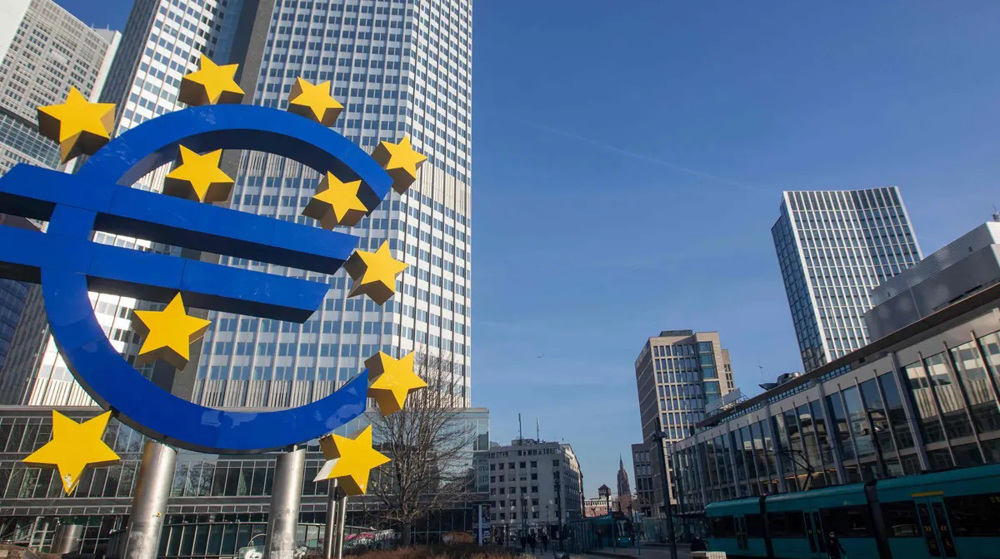

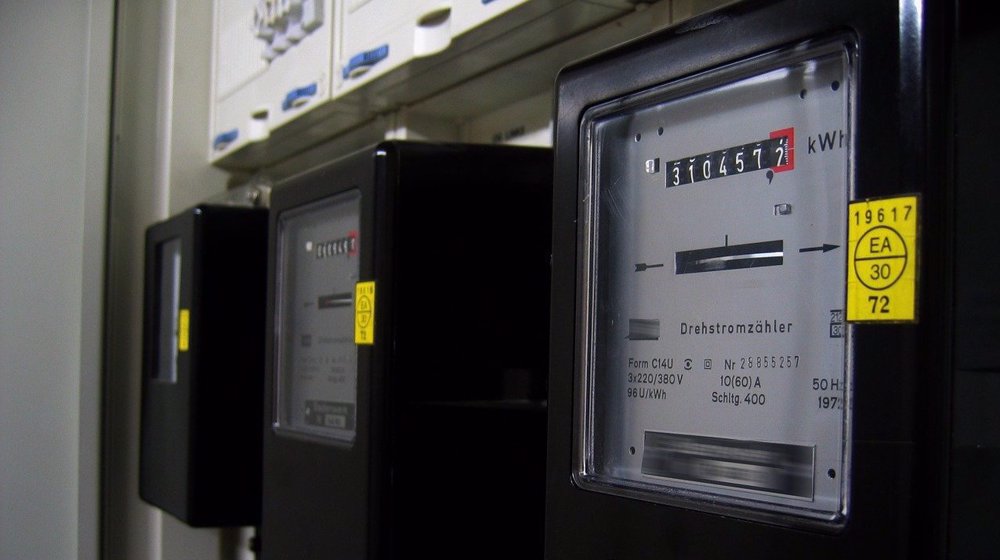







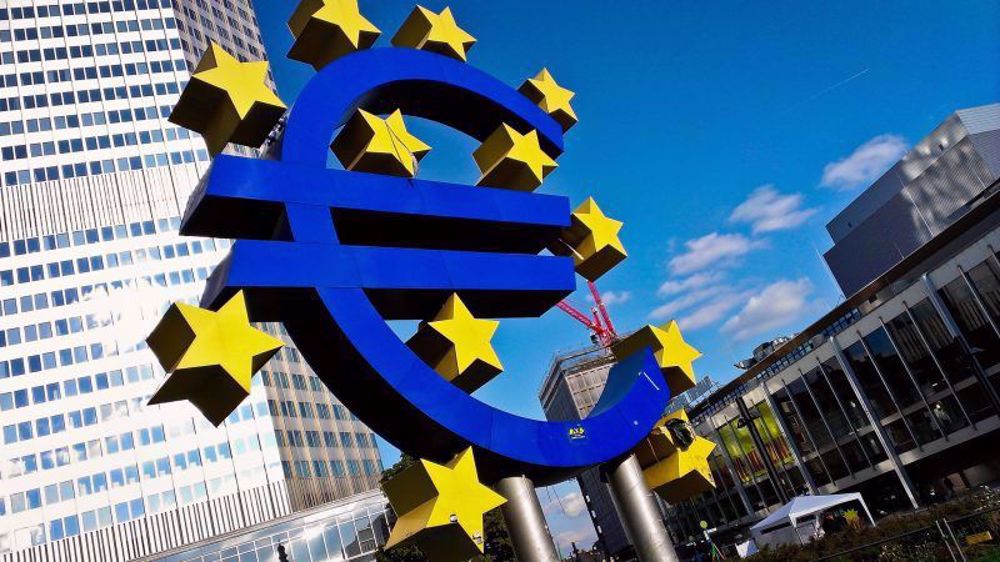
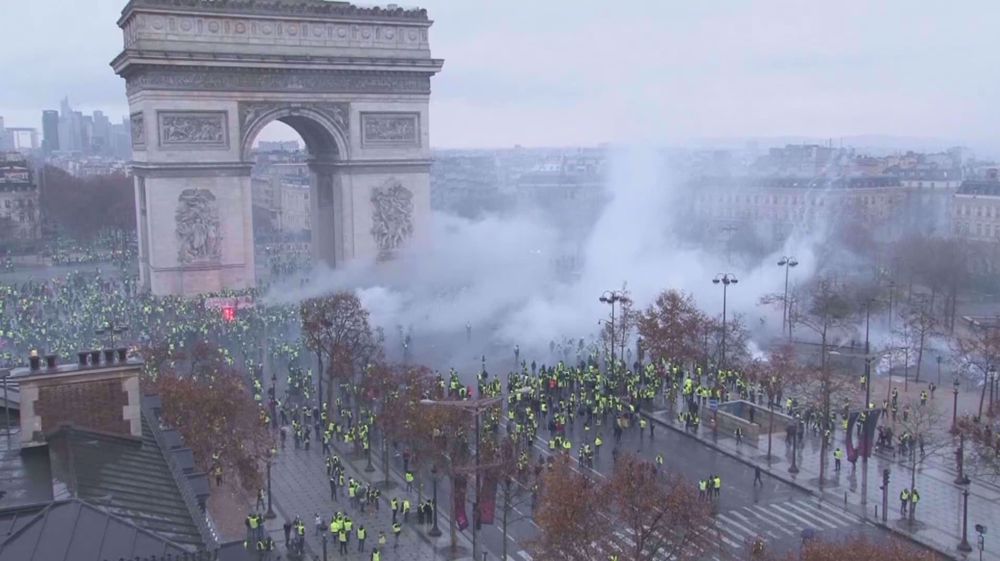

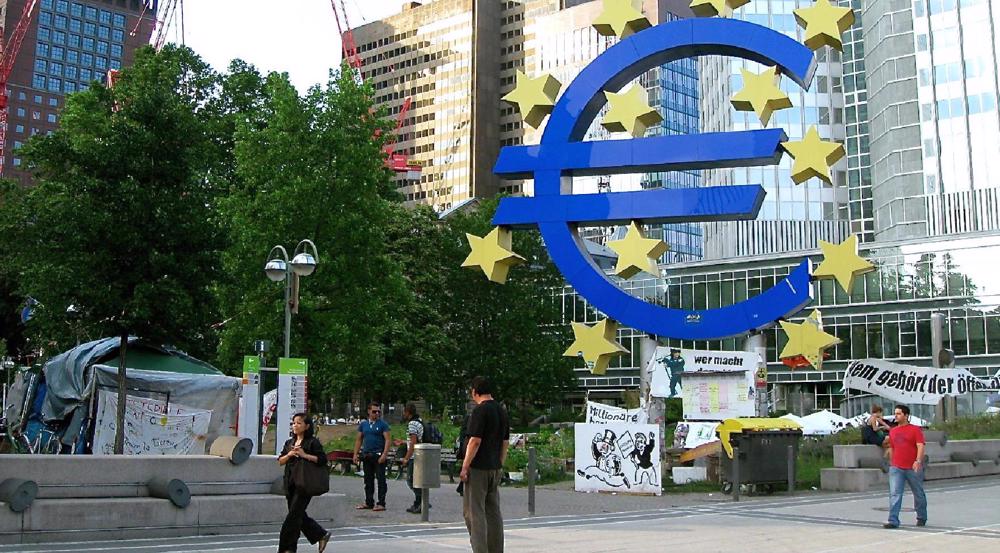
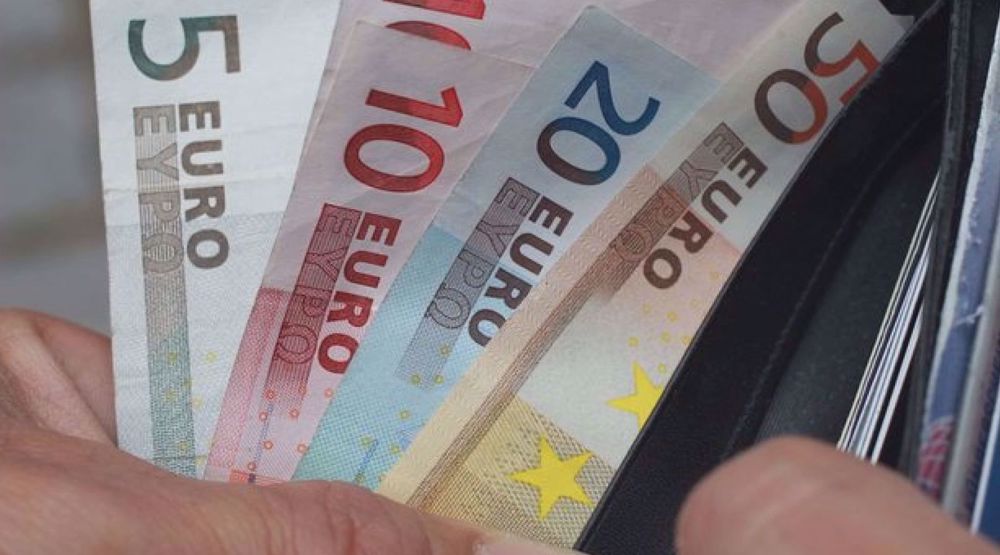

 This makes it easy to access the Press TV website
This makes it easy to access the Press TV website